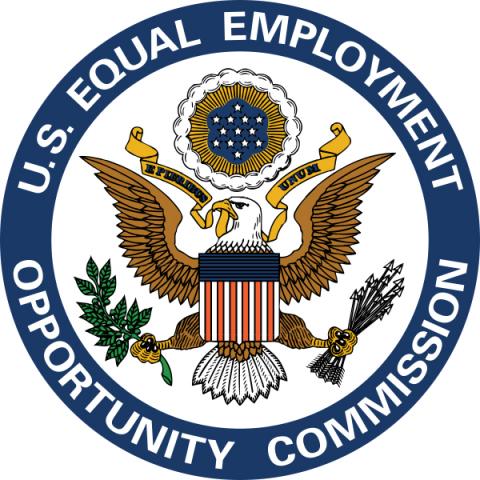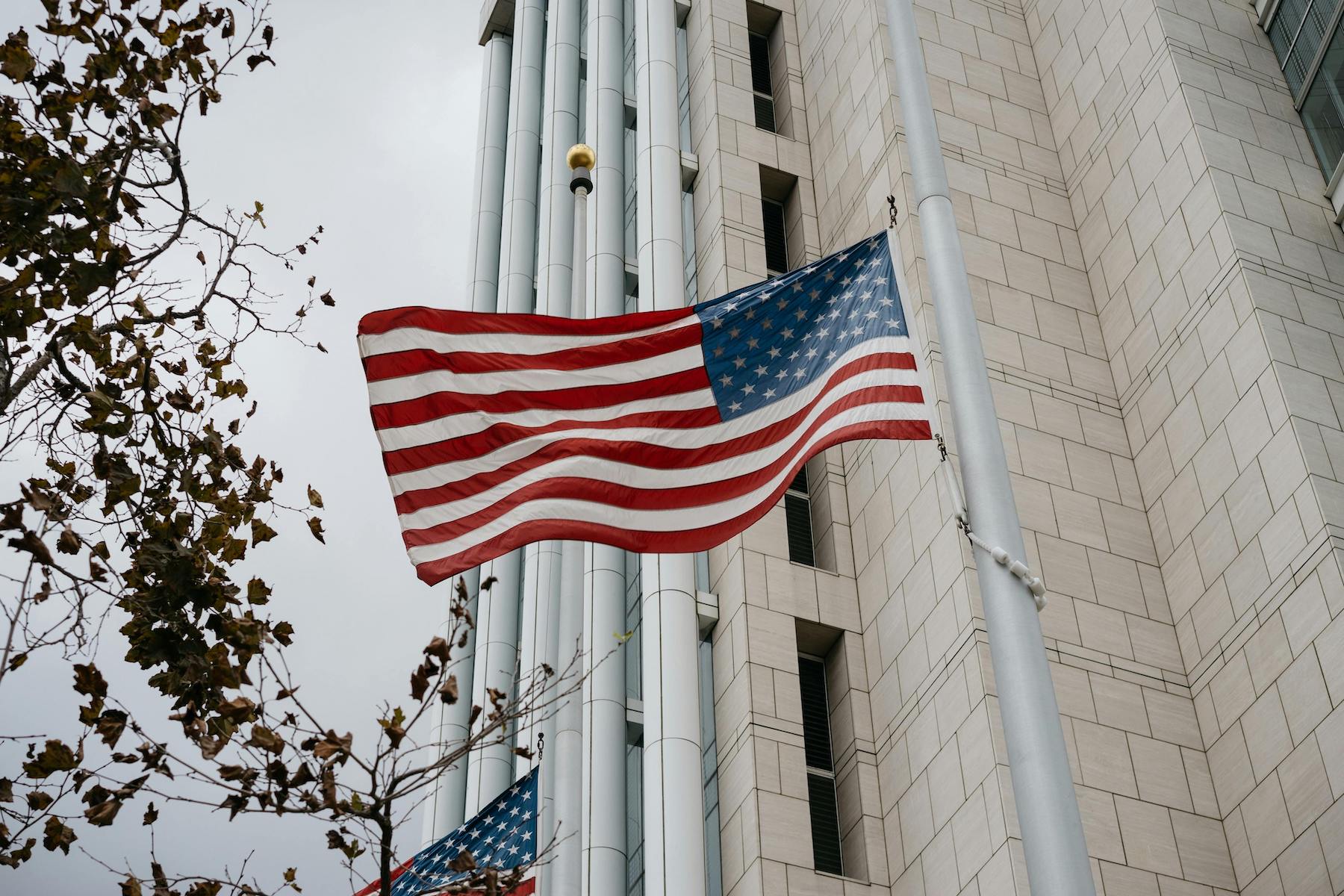 If you’re the victim of discrimination, you may want any number of things to right the wrong that happened to you. However, it’s not up to you to decide what you can get. The types of damages available for a particular cause of action are spelled out in the statute authorizing that cause of action. One of them is called liquidated damages, which is a way to punish an employer for wrongdoing. Later in this blog, we’ll discuss a federal case in Michigan where a plaintiff was awarded liquidated damages for his Family Medical Leave Act (FMLA) claims.
If you’re the victim of discrimination, you may want any number of things to right the wrong that happened to you. However, it’s not up to you to decide what you can get. The types of damages available for a particular cause of action are spelled out in the statute authorizing that cause of action. One of them is called liquidated damages, which is a way to punish an employer for wrongdoing. Later in this blog, we’ll discuss a federal case in Michigan where a plaintiff was awarded liquidated damages for his Family Medical Leave Act (FMLA) claims.
Liquidated Damages
The FMLA states that if there’s a violation, the employee may be entitled to “liquidated damages” in addition to actual damages, costs of the lawsuit, attorneys’ fees, back pay, and front pay. Liquidated damages are calculated as follows:
- the wages, salary, employment benefits, or other compensation denied or lost by the plaintiff due to the violation; and
- the interest on this amount calculated at the prevailing rate.
Essentially, liquidated damages double the award to a successful plaintiff. Liquidated damages should be awarded unless the employer carries its burden of proving that the failure to follow the FMLA was both in good faith and based on reasonable grounds such that it would be unfair to make the defendant pay them.
To avoid liquidated damages, an employer needs to show two things:
- the action or failure to act was in good faith, and
- the employer had objectively reasonable grounds to believe it was not violating the FMLA.
Ignorance of the law is no defense, nor is acting on a belief as to what the law may or may not be. Employers should at least do research into the law and seek guidance from an attorney.
Cable Company Customer Service Employee Poorly Served by Her Employer
Plaintiff Carmen Kidd was recently awarded liquidated damages as part of the decision against her former employer, Charter Communications, LLC. A jury in federal court in Michigan found in Kidd’s favor for her FMLA claim. Kidd alleged that Charter interfered with her FMLA rights by firing her during her medical leave, which she took due to her multiple sclerosis (MS) and anxiety. The jury decided she had not been discriminated against because of her disability or in retaliation for her FMLA request.
In March, U.S. District Court Judge Robert Jonker ruled on a number of the defendant’s motions and calculated the damages Kidd was owed. The judge decided that the jury verdict should not be reversed and that the defendant was not entitled to a new trial. Judge Jonker went on to award nearly six times the amount of money that the jury stated the plaintiff was owed (economic damages of $105,000).
Why was his judgment so harsh?
Kidd started working in Charter’s call center in 2001. In 2011, she was diagnosed with MS. She asked for and received some medical leave, but she was fired for supposed job abandonment in 2012 before exhausting her medical leave. According to her lawsuit, here is what happened:
- After her MS diagnosis, Kidd repeatedly obtained medical certifications for FMLA.
- She was later diagnosed with an anxiety disorder due to workplace harassment related to her repeated absences.
- Kidd secured short-term disability benefits after a recommendation from the company’s human resources department.
- Charter fired her for not calling in sick for a few days in a row.
- Kidd stated, and the jury found, that since she was on medical leave and granted short-term disability benefits under company policies, she didn’t have to continuously inform Charter that she couldn’t come to work.
The jury decided that Charter owed Kidd $105,000 in back pay (lost income at $36,778 per year from the time of her firing to the time of the trial). The judge added other damages available under FMLA, including the following:
- $9,103 in prejudgment interest,
- $114,103 in liquidated damages,
- $147,112 in front pay (for an expected four years of future wage loss),
- $280,000 in attorneys’ fees, and
- $6,169 in costs.
The total came to $661,487.
Judge Rules Kidd Was Entitled to Liquidated Damages Due to Charter’s Lack of Good Faith

For the liquidated damages, the judge agreed with the jury’s finding that Charter did not always act in good faith. “The record contains evidence of multiple decision points at which Charter could have acted in good faith to resolve the difficult situation with Ms. Kidd and her medical issues. Instead, Charter fired Ms. Kidd, which the jury found to be the proximate cause of her damages.” The judge said three issues stuck out:
- Charter was repeatedly unwilling to accept FMLA certification forms that had been filled out in good faith by Kidd’s doctors. One doctor stated that Charter’s inquiries and demands went “above and beyond” and got to the point that it interfered with the doctor-patient relationship. Judge Jonker described Kidd as a well-regarded employee who could have been given the benefit of the doubt in some lapses in certifications, but Charter chose not to.
- Charter “woodenly” insisted it had no choice but to strictly enforce its leave policy, but had not always done so in the past. Charter’s human resources specialists violated parts of company policy when contacting her doctors, but they suffered no consequences.
- Charter refused to reconsider its decision to fire Kidd after it became clear that she had been approved for short-term disability during the time of the alleged infractions of the leave policy. The company could have approved the absences as medically necessary but decided not to.
The judge explained that finding Charter liable for liquidated damages furthered the congressional intent behind the FMLA: to “to entitle employees to take reasonable leave for medical reasons.”
Defendant’s actions had real-world consequences for Plaintiff. When Charter woodenly insisted on detailed certifications, it was stressful for Ms. Kidd. Plaintiff and her healthcare providers testified that stress was a major trigger for Ms. Kidd’s symptoms…When Ms. Kidd lost her job, she also lost her health insurance…At the time, Ms. Kidd’s prescription drugs alone cost over $2,000 per month… Shifting that financial burden from Defendant (or its insurance carrier) to Plaintiff exacerbated Plaintiff’s medical symptoms… Liquidated damages seem particularly appropriate in a case like this where the same behaviors that prevent Defendant from showing that it acted in good faith, caused harm to Plaintiff.
Summing It Up
Under the FMLA, liquidated damages, which double economic damages, are available in cases where employers cannot show two things:
- that they acted in good faith, and
- that they reasonably believed they were following the law.
Judge Jonker pointed out that a successful claim of interference with FMLA rights need not include proof of intent by the employer to violate the law. Most claims of employment discrimination require a showing of intent, which can be difficult to prove. Here, only interference with Kidd’s rights and a showing of a lack of good faith by Charter were enough for Kidd to win her case and obtain a substantial award.
If you believe your employer has interfered with your FMLA rights, contact our office so we can talk about the situation, how the law may apply, and what your best options are for protecting your legal rights and interests.





